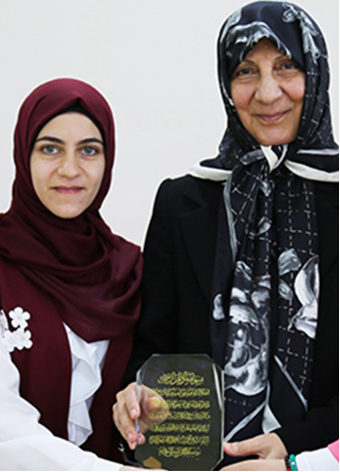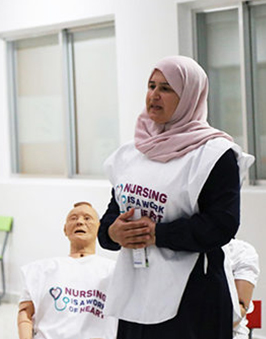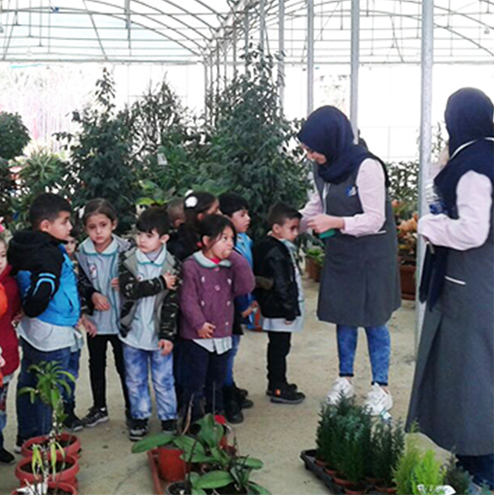
Close

Women make up about 85% of the constituency of ISF. Additionally, every year, hundreds of women participate in ISF programs and receive professional training and social empowerment. In a traditional culture, where disparities and discrimination against woman are prevalent, this venture is unprecedented.
It is ISF’s contention that fundamental social change happens as women are brought into the social change and entrepreneurial environment. The solid programs offered by IS (education, integrated health, vocational training, economic empowerment, etc) are generally designed to facilitate such change.
A critical factor in serving others is the concept of equal opportunity for all, regardless of their race, color, sex, or social and ideological backgrounds. Any bias contradicts equality and undermines the main principles of human rights and development.
The insight gained from the experience of Imam Sadr Foundation is that women’s empowerment is a reliable approach for social change and a prerequisite to win the fight against misery and oppression. But most importantly, the work with women is promising because women, in their own right, are indispensable to win in difficult times while transiting to the “people spring”.


Accelerated Vocational Training Programs 1998

The foundation offers nine-month training courses in a variety of fields including secretarial studies, health services, child services, cosmetology, landscaping, hospitality management, photography and videography (1544 female graduates).
The program targets girls and women who do not wish or are unable to pursue their academic studies. The program’s core purpose is based on the statement of Imam As-Sadr that “we should provide the proper climate for the development of women’s capacities to the service of society.” The foundation believes that all development efforts ultimately fail unless they utilize women’s potentials and reflect them in their legislations, customs, and culture.
The program is characterized by its responsiveness to job market demands and the aspirations and capacities of beneficiaries through the wide range of specialties it offers. The program goes beyond simply building the practical skills pertaining to the profession to include a variety of religious, social, and cultural courses aimed at the rights, social, and cultural empowerment of women.
Discover your talent at Taqat
Your donation today helps change lives of thousands of children and people in need.